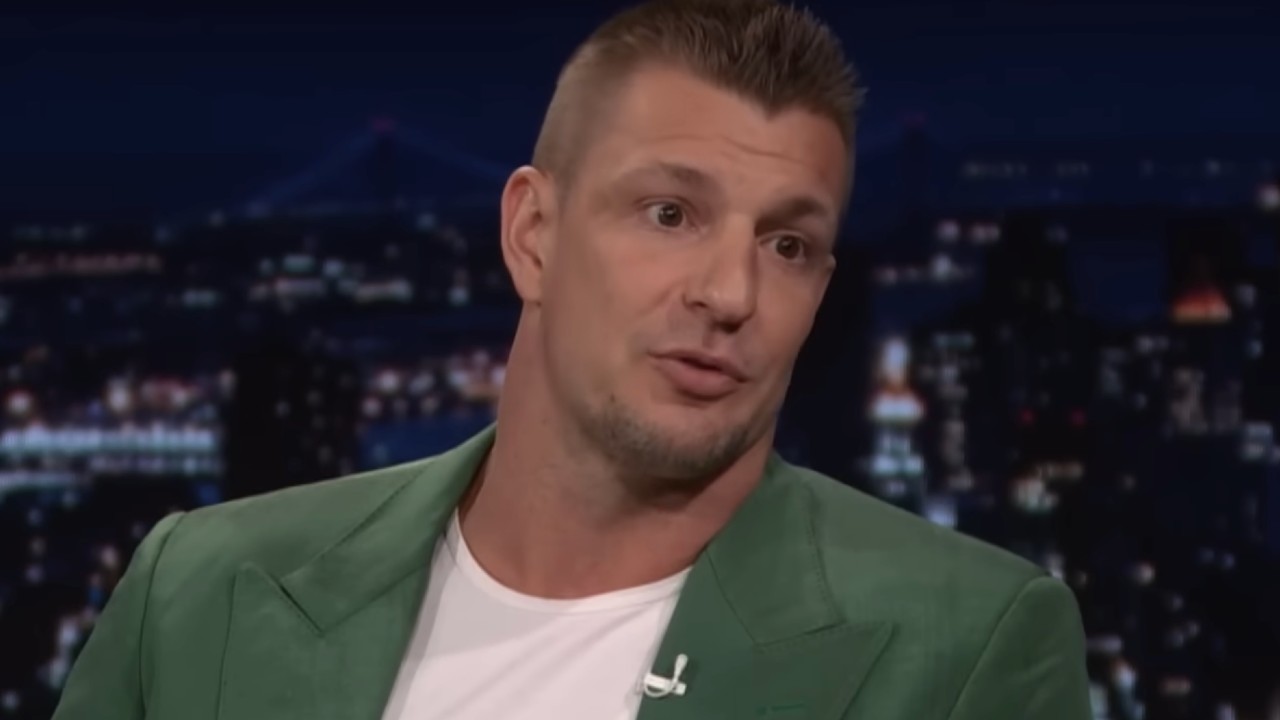What If Inception Were Analyzed By Dream Experts?

When Christopher Nolan first announced that he was making a movie that took place “within the architecture of the mind,” I got nervous, really nervous. This wasn't because it meant that I would soon have to think at the multiplex, but because I had been working on a book of my own for the past three years that dealt with a universe within the mind, and I thought, uh oh, he's going to steal my thunder.
Well, Inception came out this past weekend and it couldn't have been farther from what my book is about. But in my boning up on dreams, I studied a great deal of the Swiss psychiatrist, Carl Jung, who is arguably most famous for his work on dream analysis, with the collective unconscious and archetypes being two of his most studied discussions. Now, I'm not claiming to be an expert in Jungian concepts such as the self or the collective unconscious (And I'll even direct you to two links that might describe it better than I can: here and here) but in a nutshell, Jungian Archetypes are basically the rawest, innermost characteristics of ourselves that exist within everybody at the deepest level of the collective unconscious, which is basically the deepest realm within ourselves.
SPOILER WARNING: What follows should only be viewed by people who have already seen Inception. It contains heavy, critical spoilers which will impact your viewing of the film. If you haven’t seen Inception yet, stop reading and don’t come back until you do.
And in watching Inception, I think I definitely saw something of Jungian archetypes in all of the characters who interact with Leonardo DiCaprio's, Dom Cobb, in the movie. So much so, in fact, that I actually think ::Spoiler alert:: that the entire film might actually just be Dom Cobb's dream and that all of the main characters in it were just different segments of himself that had to concoct an elaborate mission just so he could reach some level of catharsis within himself. When the mission was completed, he was finally able to confront his demons and he was granted the clarity to finally see his children's faces in the end because his guilt had finally been resolved amongst his archetypes. I know, I know, it's a pretty crazy theory and I'm sure you'll hear even crazier ones in the weeks that follow, but just hear me out for a little bit and maybe you'll see where I'm coming from with this. But for a moment, I'm going to attempt to examine the characters of Inception using the methods of dream experts. Here's what I think they'd have to say.
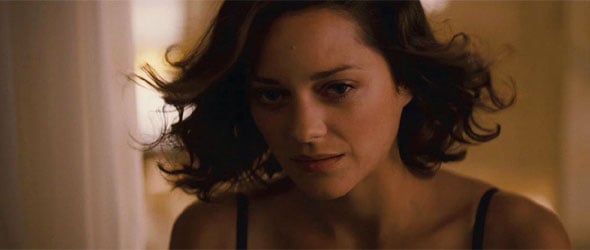
Mal/The Shade as The Shadow Archetype
One of Jung's most prominent archetypes is the shadow, which is mostly the darker side of oneself projected into an entity. This archetype can be represented as many different figures, from people to animals that might have haunted you in your childhood. The way archetypes work is like this: they aren't really the shape that you see but more a feeling or emotion that is transformed into an entity that we can relate to, and the shadow archetype represents the worst parts of ourselves and the evil that lurks within us. So, if you're still following me here, then you'll know that Mal is certainly the evil that lurks within Dom. I mean, it's even in her name, (Mal in Latin means evil, after all).
But let's look even deeper. As we know, Mal is already dead by the first time we see her in Saito's dream on the Shinkansen. She killed herself after she thought that limbo was still reality and that the world she lived in was all a lie. As we know, she only thinks this because Dom Cobb performed Inception on her and he feels that he is the cause of her death, so his dark side is manifested in Mal, who might as well just be a literal shadow because she follows him everywhere he goes, much like a shadow would. This leads to disastrous results, like in the form of a freight train through the streets or as an assassin in the snow. Mal in every way is the darker side of Cobb that he can't contain, and that's what makes her such a threat, because deep down, he knows that she's really the worst side of himself, and everything she does affects the rest of his innermost archetypes.
Your Daily Blend of Entertainment News
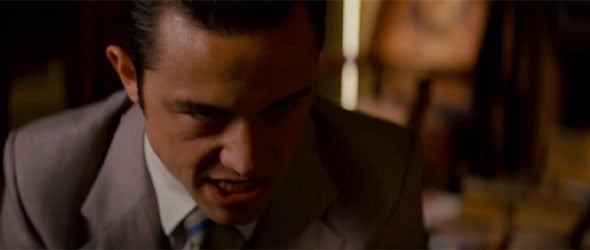
Arthur/The Point Man as The Hero Archetype
Let's face it, even though Dom Cobb is the star of the show, he's hardly the hero. He's more like a broken down sad sack dealing with shameful emotional issues caused by his dominant shadow (See above). But Arthur, who is willing to take on an onslaught of bad guys in a constantly shifting hallway so his friends can enter into a deeper dream state, is pure hero material, especially when he runs the risk of being “killed” and sent to limbo in such a heavily sedated state.
Arthur is everything Dom wishes he could be but can't because he has so many ghosts following him around. He gets to kiss the girl, save the day (Notice that he's one of the first ones to wake up in the submerged car and pull the others to safety), and doesn't fail in his mission to lead the bad guys away from his friends. While Dom, on the other hand, fails in every way, even allowing his shadow/Mal to “kill” Fischer Jr. from behind, which compromises the entire mission. So, if we're keeping track of our Archetype discussion, that would mean that Arthur is also Dom, but the part of him that is brave and courageous and willing to put his life on the line for his friends. He doesn't have any excess baggage. He's just all business, and all kickass.
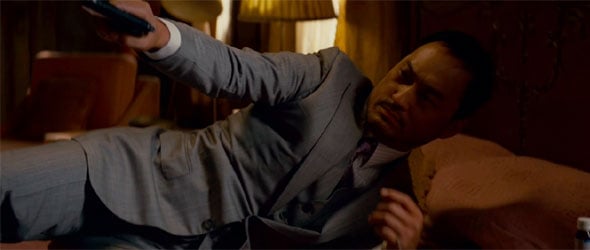
Saito/The Tourist as the Father Archetype
The father archetype is a very strong figure in the human psyche, as it's one that gets what it wants and has a great deal of control in the person he inhabits. And in every way, that's what Saito is, acting almost as a dues ex machina by the end of the film with his ability to literally overturn the law so that Dom can return to America. Saito would be the side of Dom's character that would be authoritative and demanding. In other words, he would be the boss when it got right down to things. We already see that Dom's not the boss of his own team as his second architect doesn't even follow his instructions when he tells her not to go deeper into his mind. She does just that and sees what Mal is really capable of doing within him. So in that way, Dom has very little control over his circumstances, while Saito is exactly the opposite—he gets what he wants and knows how to get it.
Note that not only did he convince Dom to plant inception in a business competitor's mind, but he also got to tag along with the others as a tourist, which is highly dangerous and a definite risk factor in a mission like this. Saito gets whatever he wants. So is it any wonder why he gets shot so early in the mission? Dom can't deal with a figure like that right now within himself, as he has his own problems to deal with. If anything, he needs a strongly based mother archetype, one who will take care of him and not demand too much out of him. Unfortunately, there isn't one to be found in this movie, making his catharsis that much harder.
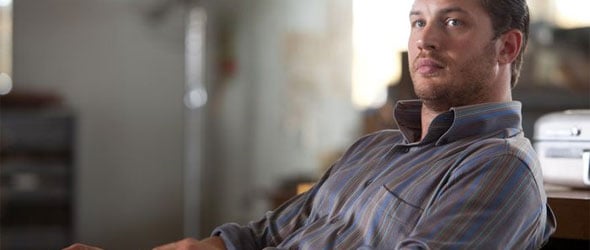
Eames/The Forger as The Trickster Archetype
The Trickster Archetype is deceptive and shady, and Eames is the shadiest of them all. Working as a forger in reality and as a shape shifter in the dream world (even switching genders at one point to lead the target off-guard, which is VERY Trickster-esque), Eames is the side of Dom that can still laugh at itself and crack a smile, but also the great deceiver that can't tell reality from a dream. The Trickster is very prominent in the film in that Dom lies to not only his team but also himself, believing that he has everything under control when he knows deep down that he's a complete and utter mess.
It's in Eames' dream in the snow fortress that Dom is truly confronted with his shadow, and it's at that point that he knows that he can't lie to himself anymore. The Trickster proves it to him by putting his shadow front and center there for him. And with his shadow “killing” Fischer, she is also killing the child within him (More on that in a second).
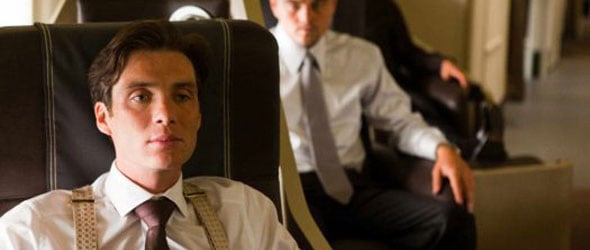
Robert Fischer Jr./The Mark as The Child Archetype
Robert Fischer Jr. just wants acceptance from his father, and like the child archetype, he is the side of Dom who desires to be innocent again. Note that when Fischer's safe opens, he pulls out the pinwheel that he had in the picture with his dad. This side of Dom is very tricky to discuss as Dom actually deceives the child within him by lying to Fischer at the bar and claiming that the images he sees are really trying to kill him when their purpose is to actually save him from dream thieves, Dom being one of them.
This leads me to believe that Dom is trying to move on from the helpless side of himself by this part in the movie and doesn't want that innocence to hold back. He wants to be more like the father archetype and have control. But Dom can't reach catharsis by subduing his archetypes, and by bringing Fischer back from the dead in the end, it allows him to open his safe, which I definitely think is tantamount to Dom's rebirth, which is a part of what the child archetype represents within the dreamer, a new beginning. So yeah, it's some pretty heady stuff.
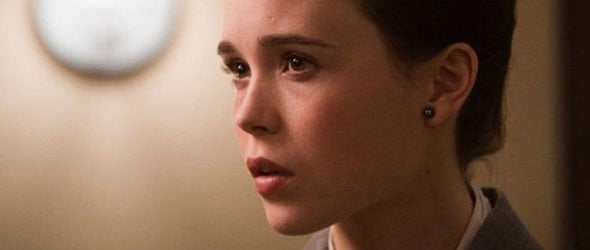
Ariadne/The Architect as The Anima Archetype
The Anima is the feminine side within a male (Whereas, the animus, would be the male side within a female) and she represents who a male truly is rather than who he presents himself as in reality, and in many ways, what that's what Ariadne represents for Dom. Out of all the other characters in the movie, she's the closest to being who he really is—note, all of the details he tells her are basically the same details he's telling us, too, with the audience being a part of who he is, as well, being that we're living inside his head while we watch the movie—and she's also an architect, which Dom once was too before his shadow became overbearing.
Think about it, it's Ariadne who goes with him into limbo when everyone else has to stay behind. She's the one who tries to pull him away from his darker side and get him to move on so he can be himself again. She's basically a young Cobb with a vagina. I don't know how else to explain it.
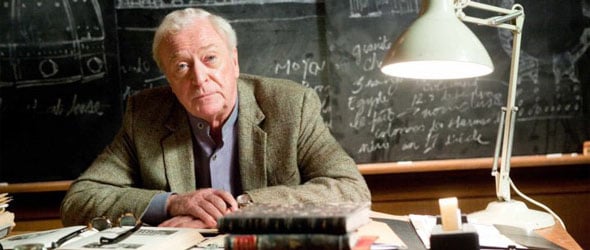
Miles/The Mentor as The Wise Old Man Archetype
Miles, Dom's father-in-law, is the wise old man within himself, and believe it or not, this might be the most complex archetype of all to explain. This is almost a paradox of sorts really (Like those twisting stairs in the movie), in that he is both knowledge incarnate, but also the teacher within himself that is able to take in his anima as a student. I don't know. I really can't wrap my head around this one. Maybe you can do a better job.
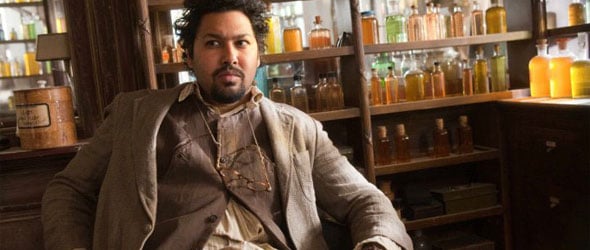
Yusef/The Chemist as The Self
The self represents both the conscious and the unconscious worlds within oneself, and that's what Yusef is in this mission for Dom. He is both the link to reality and the also harbinger into the dream world. By being the initial dream that his team enters within, believe it or not, I think Yusef might be the closest to who Dom really is as an individual by having all of these archetypes swimming inside himself. Remember, Yusef is the only other one who knows about Limbo on the onset, as Dom must have been dabbling with chemicals himself to get to that sort of state with his wife. So it is in Yusef that we have the whole to the other segmented sections of Dom, and by allowing his other archetypes to sink deep within him, he is allowing them to all come to grips with each other.
Whoo, that was a lot of mental calisthenics right there. What do you think? Can you piece the puzzle together any better?
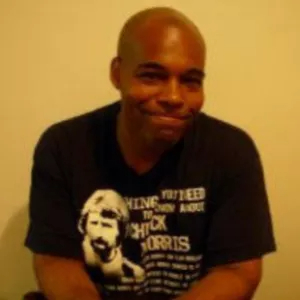
Rich is a Jersey boy, through and through. He graduated from Rutgers University (Go, R.U.!), and thinks the Garden State is the best state in the country. That said, he’ll take Chicago Deep Dish pizza over a New York slice any day of the week. Don’t hate. When he’s not watching his two kids, he’s usually working on a novel, watching vintage movies, or reading some obscure book.
